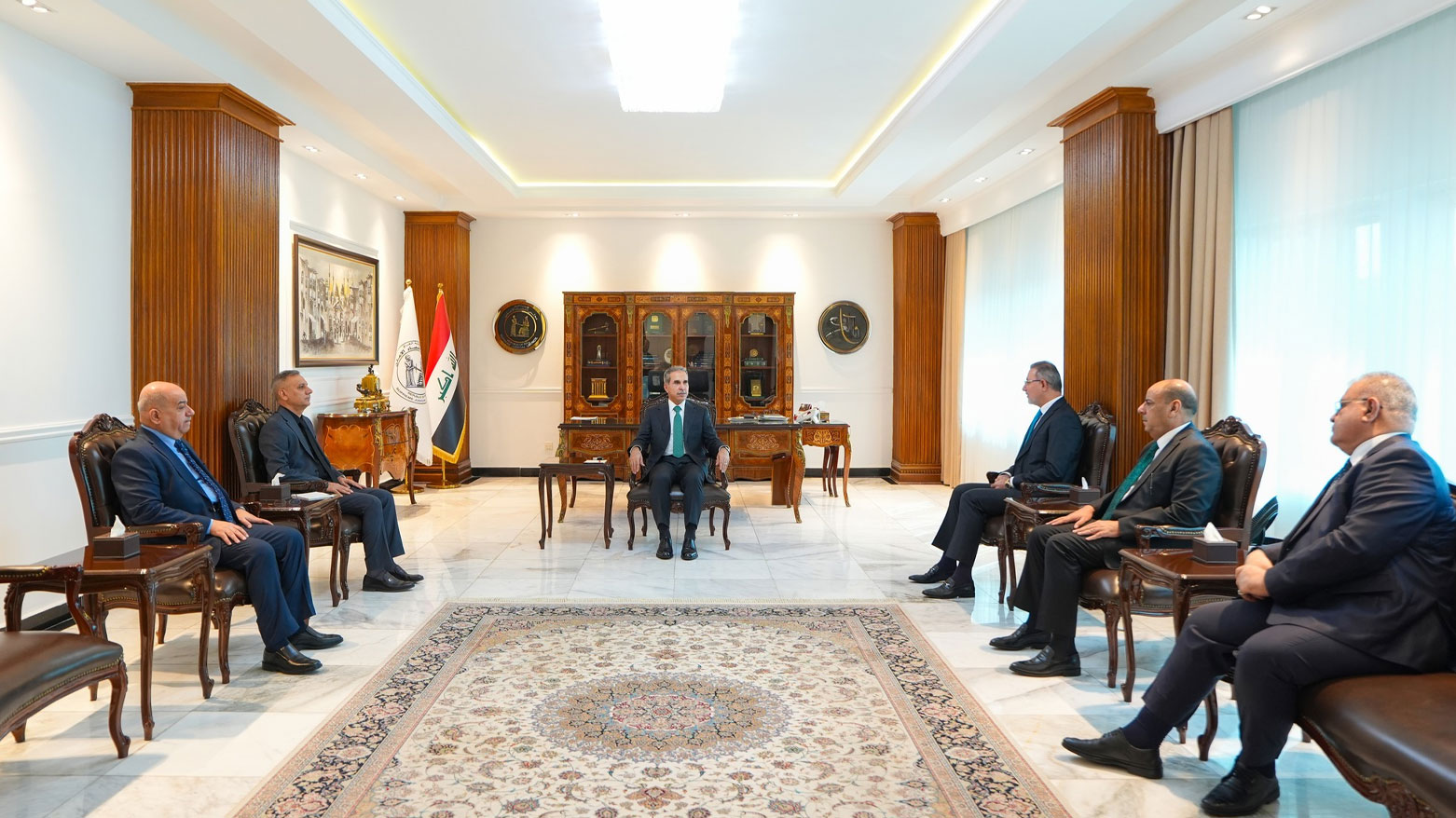Iraq's SJC Vows to Enforce Baathist Ban in Elections
Iraq’s Supreme Judicial Council (SJC) confirms the Accountability and Justice Law will be implemented to bar Baathists from the upcoming elections, while stressing the need for transparency and warning against misuse of the law.

ERBIL (Kurdistan24) – In a move set to shape the landscape of Iraq's upcoming parliamentary elections, the country’s Supreme Judicial Council (SJC) has announced that the Accountability and Justice Law, which bars individuals with ties to the former Baath Party from holding public office, must be strictly implemented.
The high-level decision was disclosed in a statement from the council on Sunday, following a meeting led by its president, Judge Faiq Zidan. The gathering brought together key figures from Iraq's judiciary and electoral oversight bodies, signaling a unified and forceful stance on the politically sensitive issue of de-Baathification.
According to the statement released by the Supreme Judicial Council, the meeting included the deputy heads of the Federal Court of Cassation, the head of the judicial authority for appealing decisions of the Independent High Electoral Commission, the head of the court for appealing decisions of the Accountability and Justice Commission, and the head and several members of the Accountability and Justice Commission itself.
The primary focus of the discussion, the statement indicated, was the commission's procedures regarding the forthcoming parliamentary elections.
The council reported that the attendees reached a consensus on the critical need to enforce the Accountability and Justice Commission's laws. The explicit goal, as outlined in the official statement, is "to prevent individuals with ties to the former Baath Party from entering the next parliament."
While reaffirming the law's application, the council’s statement also placed a strong emphasis on procedural integrity and fairness. It stressed that the commission's actions "must be transparent" and that "the misuse of this file for purposes not specified in the law must be prevented." This cautionary note appears to address long-standing concerns in the Iraqi political arena that de-Baathification laws can be wielded as a tool for political exclusion and score-settling rather than for their intended legal purpose.
The legal framework for this policy dates back over a decade. As the Supreme Judicial Council’s announcement noted, the Iraqi Parliament passed the Accountability and Justice Commission Law on January 12, 2008. This legislation was enacted as an alternative to the more sweeping De-Baathification Law, which was put in place in 2003 following the U.S.-led liberation that toppled Saddam Hussein's Baathist regime.
The council's declaration sets a clear, and potentially controversial, legal framework for the vetting of candidates as the country prepares for its next legislative term.
